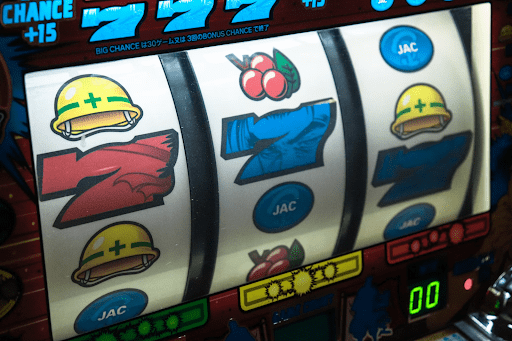
Slot machines, commonly known as “one-armed bandits,” continue to enjoy global popularity. Yet, their presence and appeal vary widely across countries. The extent of engagement with slot machines in different nations hinges on pivotal factors such as machine density, cultural perceptions of gambling, and regulatory frameworks.
United States: A Mixed Landscape
In the United States, the availability of slot machines is regulated at the state level, leading to a diverse landscape. However, these regulations do not detract from the popularity of slot machines, with more than $44 billion in revenue generated from slots and table games in 2022. Nevada, home to Las Vegas, has the most liberal regulations, allowing unrestricted access to slot machines in both public and private settings.
Other states like New Jersey and Louisiana restrict slot machines to specific venues such as casinos or riverboats. Despite these regional differences, the U.S. has a substantial number of slot machines, particularly in areas like Las Vegas, which is a global gambling hub. The regulation is stringent, with state gaming control boards ensuring compliance with local laws.
Some establishments, such as some of the tribal-run casinos, have found loopholes in the restriction of Class III slot machines by re-engineering Class II machines, which are less regulated, to play like Class III machines.
Australia: The Leader in Slot Machine Usage
Australia is renowned for its intense involvement with slot machines, referred to locally as “pokies.” The country boasts a pervasive gambling culture, exemplified by New South Wales housing about half of the world’s poker machines. In 2020, Australia had in excess of 190,000 slot machines across the country.
This heightened engagement can be attributed to the widespread presence of slot machines in diverse venues such as pubs and clubs, not limited to traditional casinos. The online space is also an attractive option, as evidenced by Techopedia, with a list of these online Australian wagering options compiled by author and casino expert Vlad Grindu.
Asia: Emerging Markets and Regulatory Challenges
In Asia, countries like Singapore have quickly risen to become major gambling markets since the opening of their first casinos in 2010. Despite regulatory measures such as entry fees and family exclusion orders, the popularity of gambling, including slot machines, continues to grow by 12.99% each year.
Similarly, other Asian markets are experiencing rapid growth in the gambling sector, driven by economic development and increasing disposable incomes. The cultural acceptance of gambling and the integration of casinos into tourism strategies play significant roles in this growth.
An interesting case is Japan, which offers a unique take on slot machines with its pachislot machines, a variation of the traditional pachinko game. These machines are primarily found in pachinko parlors and are a significant part of the country’s gaming culture.
Although relatively new compared to other countries, the popularity of pachislo machines has surged, making Japan one of the prominent markets for slot-like gaming. Statista reported in excess of 4 million of these machines in Japan in 2019. The pachinko parlors are widespread, and the government’s regulation is focused more on managing the locations and ensuring responsible gambling practices.
Canada: High Participation Rates
In Canada, over 75% of adults engage in some form of gambling, with slot machines being a popular choice. The highest concentration of gamblers is in Saskatchewan, with significant gambling revenues per capita.
Canadians enjoy a wide variety of gambling activities, including physical slot machines and real money online casinos. The regulation of gambling varies by province, with some areas having stricter controls and others promoting gambling as a significant revenue source.
European Countries: Diverse Regulations and Popularity
European countries exhibit a wide range of engagement levels with slot machines, influenced by differing regulatory frameworks. For instance, the U.K. has a well-regulated market with slot machines categorized by stake and prize limits, ensuring controlled gambling environments. The Gambling Act of 2005 introduced stringent regulations that categorize machines and control their placement and usage in public spaces.
In contrast, Ireland’s outdated gambling laws result in a less regulated market, though recent efforts aim to modernize regulations. Finland also has a notable gambling culture, with a significant portion of the adult population engaging in weekly gambling activities. The government-owned Veikkaus controls the gambling industry, ensuring profits are funneled back into social programs.
Europe as a whole is expected to contribute 34% to the global growth in the slot machine industry between 2024 and 2028, as reported by Technavio. This shows that slot machines are growing in popularity in this region.




